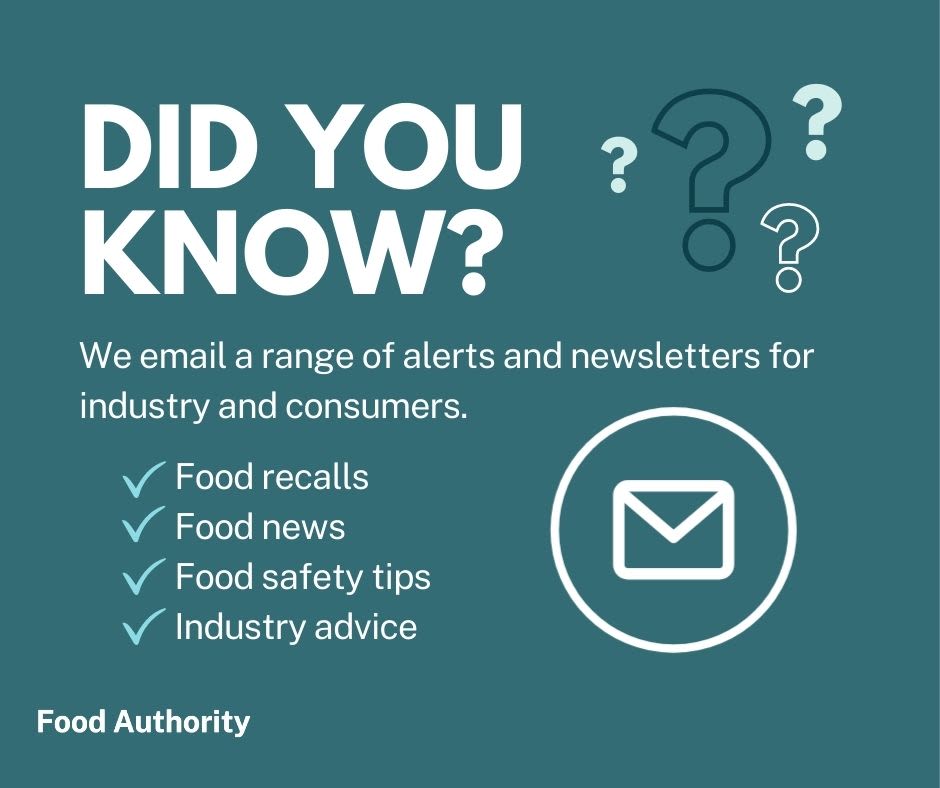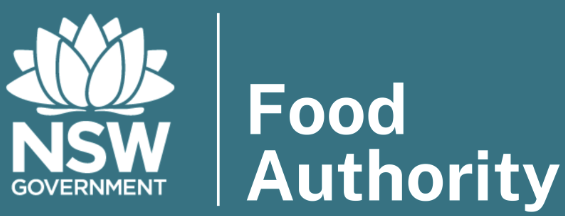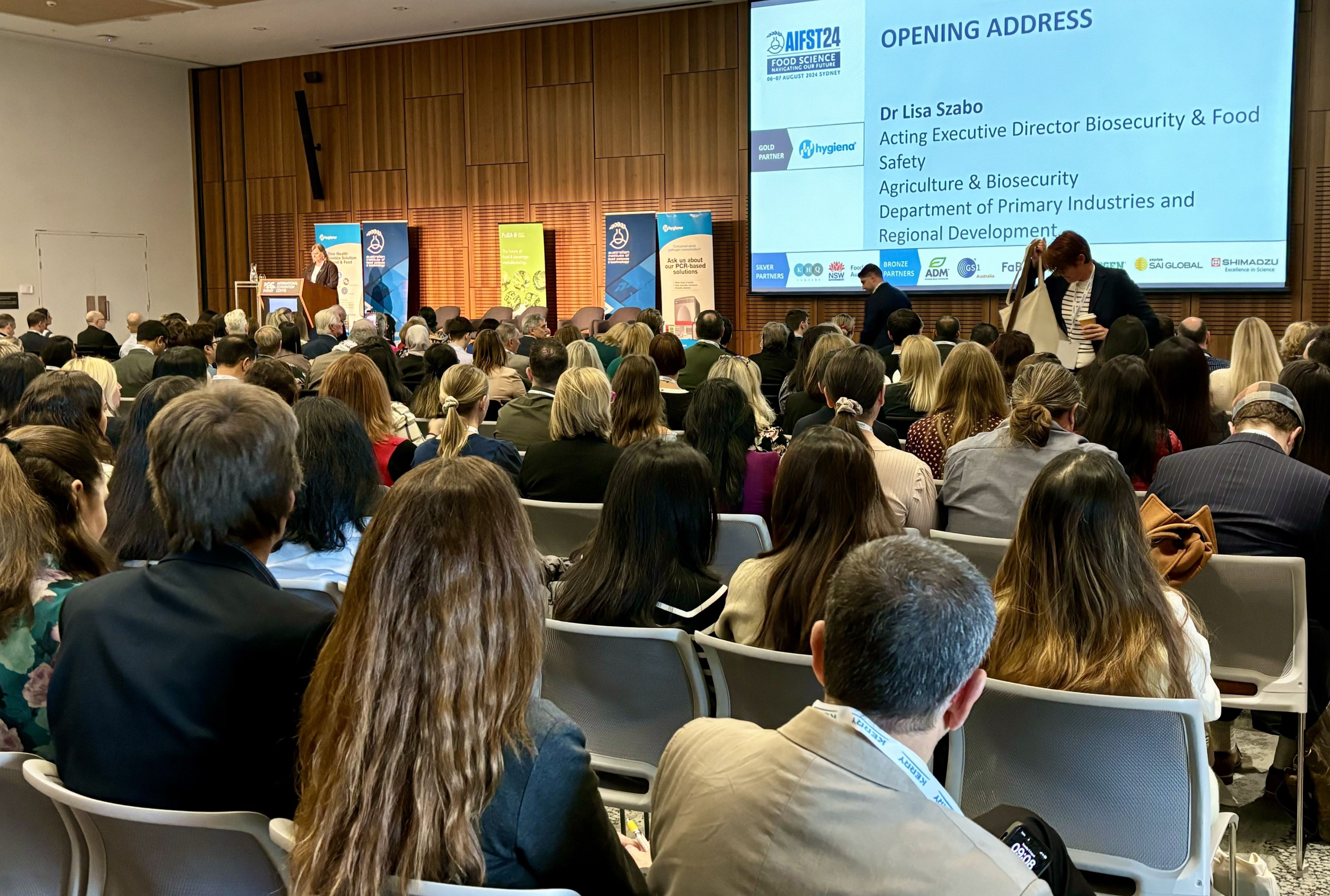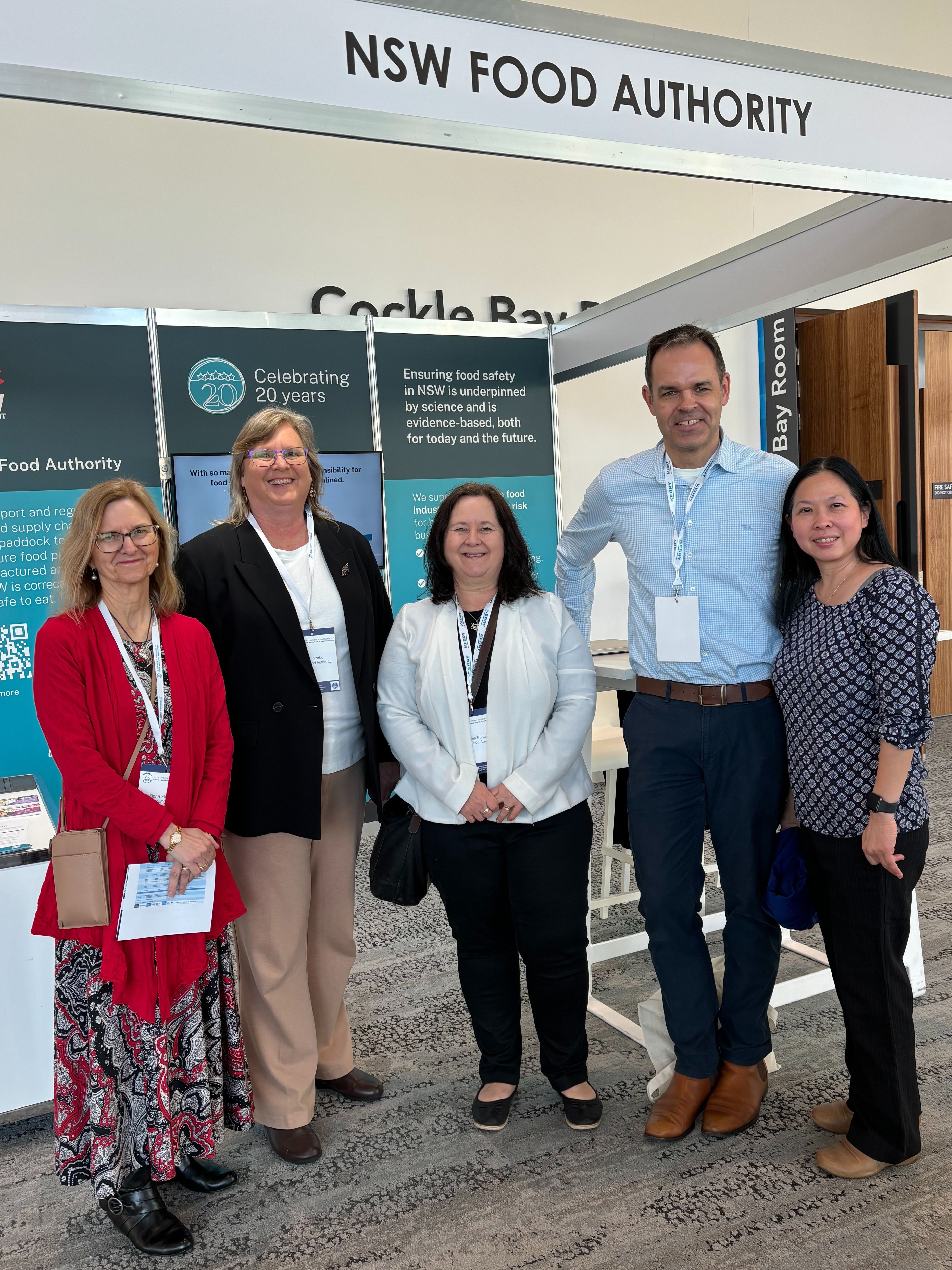Foodwise Spring
Spring 2024 | Issue 69

Foodwise - Spring edition
Welcome to the quarterly newsletter from the NSW Food Authority, with the latest information for the NSW food industry.
Highlights in this edition include:
- Partnering with AIFST to celebrate our past and navigate our future
- Licence variation process streamlined with AI
- Freshen up for Food Handler Basics
- New initiatives to support approved RTOs deliver FSS training in NSW
- Vibrio risk advice for NSW oyster producers
- New horticulture standards discussed at markets
Is there something you’d like to see in Foodwise? Let us know at food.contact@dpird.nsw.gov.au or phone 1300 552 406.
NSW Food Regulation remake update
The Food Authority intends to remake the NSW Food Regulation to ensure it remains contemporary and fit for purpose. Amendments are proposed for the new regulation, including for businesses impacted by new standards in the Food Standards Code.
We will directly advise all relevant stakeholder groups, government agencies and industry sectors, including local government, once the draft regulation and Regulatory Impact Statement are available for comment.

Food Ministers' Meeting
The Food Ministers’ Meeting (FMM), chaired by the Hon. Ged Kearney MP, met on 25 July 2024 to consider food regulation and policy matters.
The FMM comprises all Australian and New Zealand ministers responsible for food regulation.
Key outcomes from the meeting included discussions on:
- Regulation of infant formula products
- Improving commercial foods for infants and young children
- The Health Star Rating system
- Carbohydrate and sugar claims on alcohol
- The FSANZ Act review
- Modernising the food regulatory system
For more detail on each of these outcomes, visit the Food Regulation website.
Licence variation process streamline with AI
The NSW Food Authority has launched a new process for businesses to easily update vehicle and vessel information on NSW food licenses.
Rather than waiting for an in-person inspection of a new vehicle or vessel, applicants have the option to upload photographs to a new online form. The photographs are assessed by AI to determine compliance with food regulations, before data is forwarded to a Food Authority officer for processing.
The new process means approval may be granted in as little as one business day.
For more information, see our Apply to vary vehicle and vessel information form factsheet (PDF, 184KB) or view the Apply to vary vehicle and vessel information form on the NSW Food Authority website.
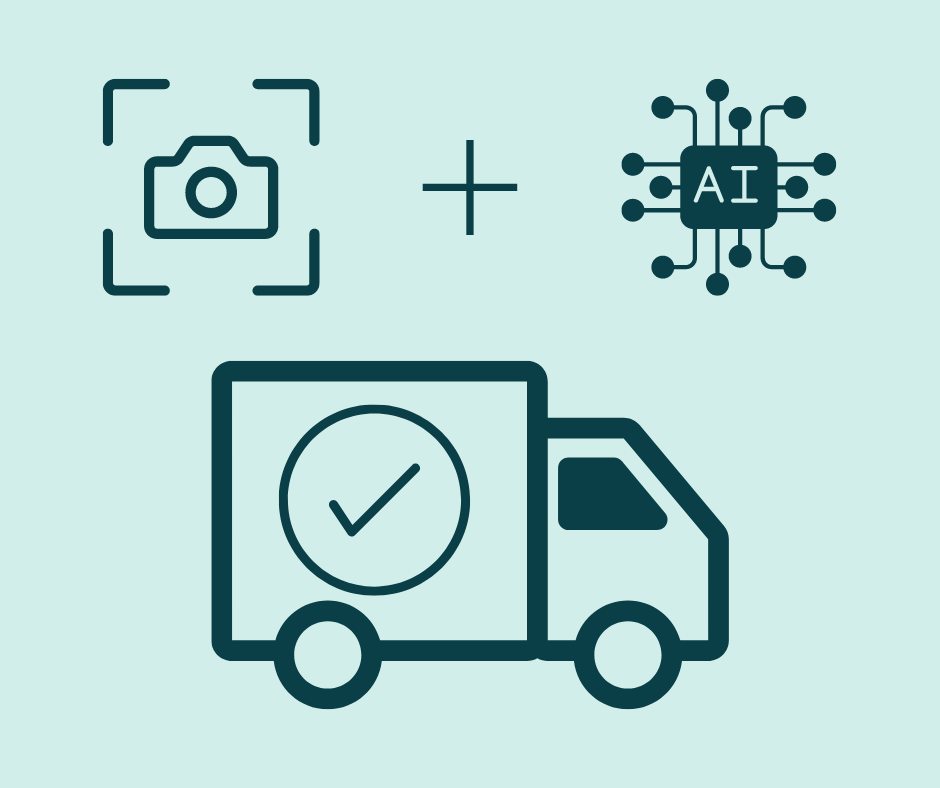
Blue-green algae blooms
Algal blooms can cause waters to be unsafe for all users of water including agriculture, irrigation and recreation.
As temperatures increase during spring and summer, blue green algae (Cyanobacteria) blooms can occur in dams, rivers and streams. Certain species of blue green algae produce harmful toxins that may be poisonous to humans or cause fatalities in domestic animals and fish.
There is potential for algal blooms to negatively impact the quality of water used for agriculture and irrigation. It is important to be aware of how your business can be affected if an algal bloom occurs.
The NSW DPIRD has provided fact sheets to guide water use for businesses during blue green algal bloom events.
WaterNSW provides alerts and up-to-date information on algal blooms in NSW.
For further details for algal blooms in a specific region in NSW, please contact the appropriate Regional Algal Coordinating Committee.
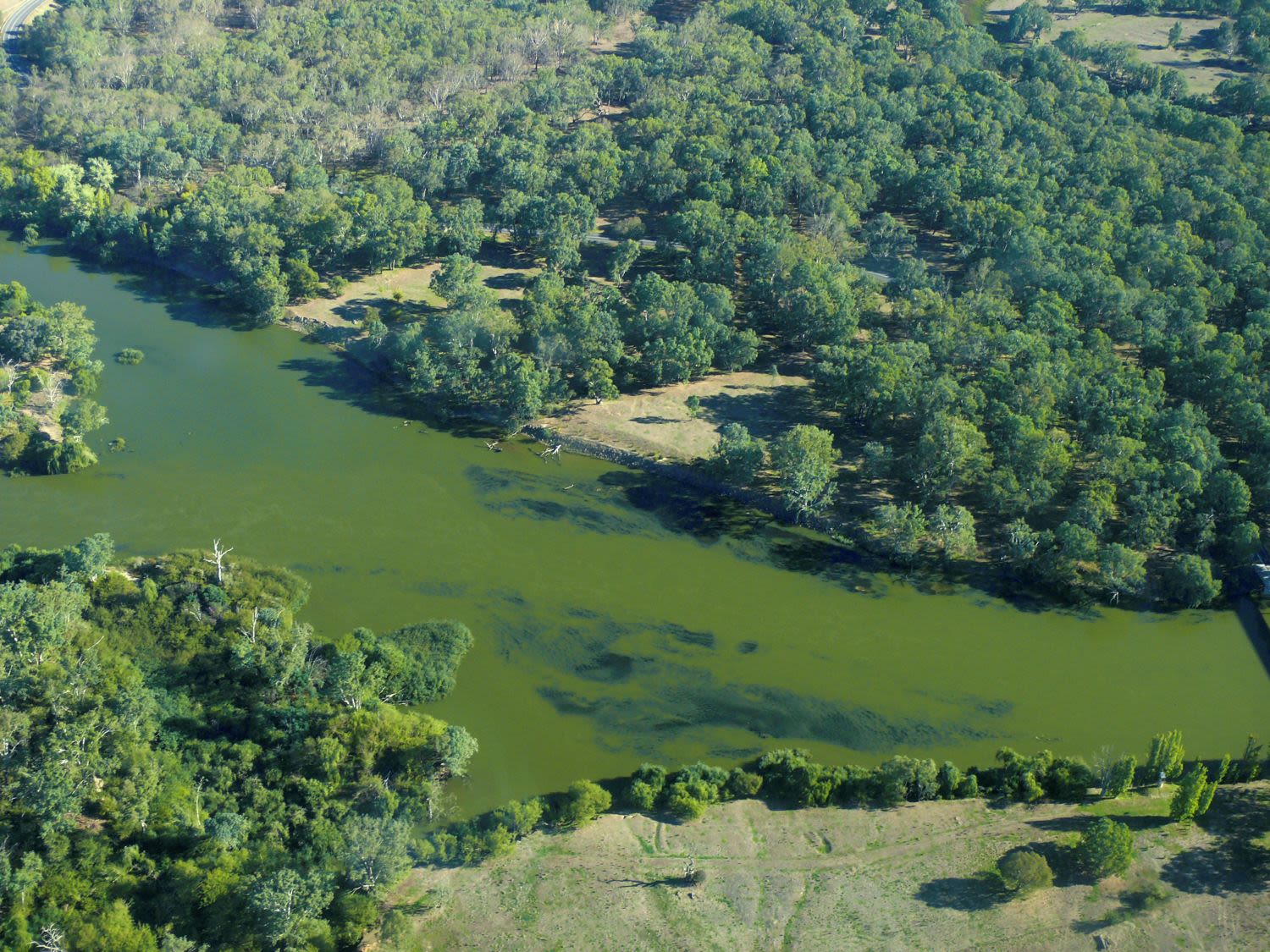
New resource on calibrating thermometers
All food businesses handling potentially hazardous food must have at least one thermometer accurate to +/-1°C accessible at all times.
To ensure accuracy, thermometers must be calibrated regularly.
Our new webpage details the steps for ice point and boiling point calibration, as well as a range of other thermometer tips. View it on our website.

Update: Avian Influenza
The NSW Department of Primary Industries and Regional Development (DPIRD) is pleased to announce the easing of emergency zones in the Hawkesbury region as the response to the Hawkesbury outbreak of high pathogenic avian influenza (HPAI) H7N8 strain moves to finalisation.
The size of the emergency zone reduced on 29 August. This means many properties that were in the emergency zone will no longer need a permit to move birds, poultry products, feed and equipment. Smaller emergency zones will remain in place around the impacted properties to ensure final decontamination measures can occur.
The emergency orders implemented in NSW following the detection of Avian Influenza on an ACT property has also been fully revoked.
Dr Jo Coombe, DPIRD Chief Veterinary Officer has thanked the community and poultry industry for helping government get this outbreak under control so swiftly.
“It is their exceptional efforts and vigilance in reporting, adhering to biosecurity measures and cooperating with the emergency orders that has allowed the zone changes. This collective effort has been crucial in protecting the health and safety of our poultry and egg industry,” she said.
"The collaborative efforts between our combined organisations including the poultry industry, local councils and assisting government agencies were crucial in preventing further spread and ensuring the safety of both our poultry and egg industries.
"The swift response and proactive measures of these agencies has stopped the infection spreading any further and shows again how biosecurity is everyone’s responsibility.”
Next steps are to work towards removing the emergency orders, including the removal of all movement restrictions and beginning the process for proof of freedom. This process will take some months, and continued surveillance and bird owner vigilance remains important.
The HPAI H7N8 strain detected in NSW was different from the H5N1 strain causing global concern and is also not connected to cases in Victoria. Australia remains free of the H5N1 strain.

Retail
Freshen up for Food Handler Basics
Our popular Food Handler Basics training was recently updated with fresh new content and greater interactivity.
We launched the online training course last year to help retail food businesses meet the food handler training requirements of Standard 3.2.2A.
The 7 modules explain the basics of food safety and hygiene, including contamination, temperature control, cleaning and sanitising and food allergen management.
Check out the new-look Food Handler Basics on our website.

Module 3: Food contamination
Module 3: Food contamination
Standard 3.2.2A reminder
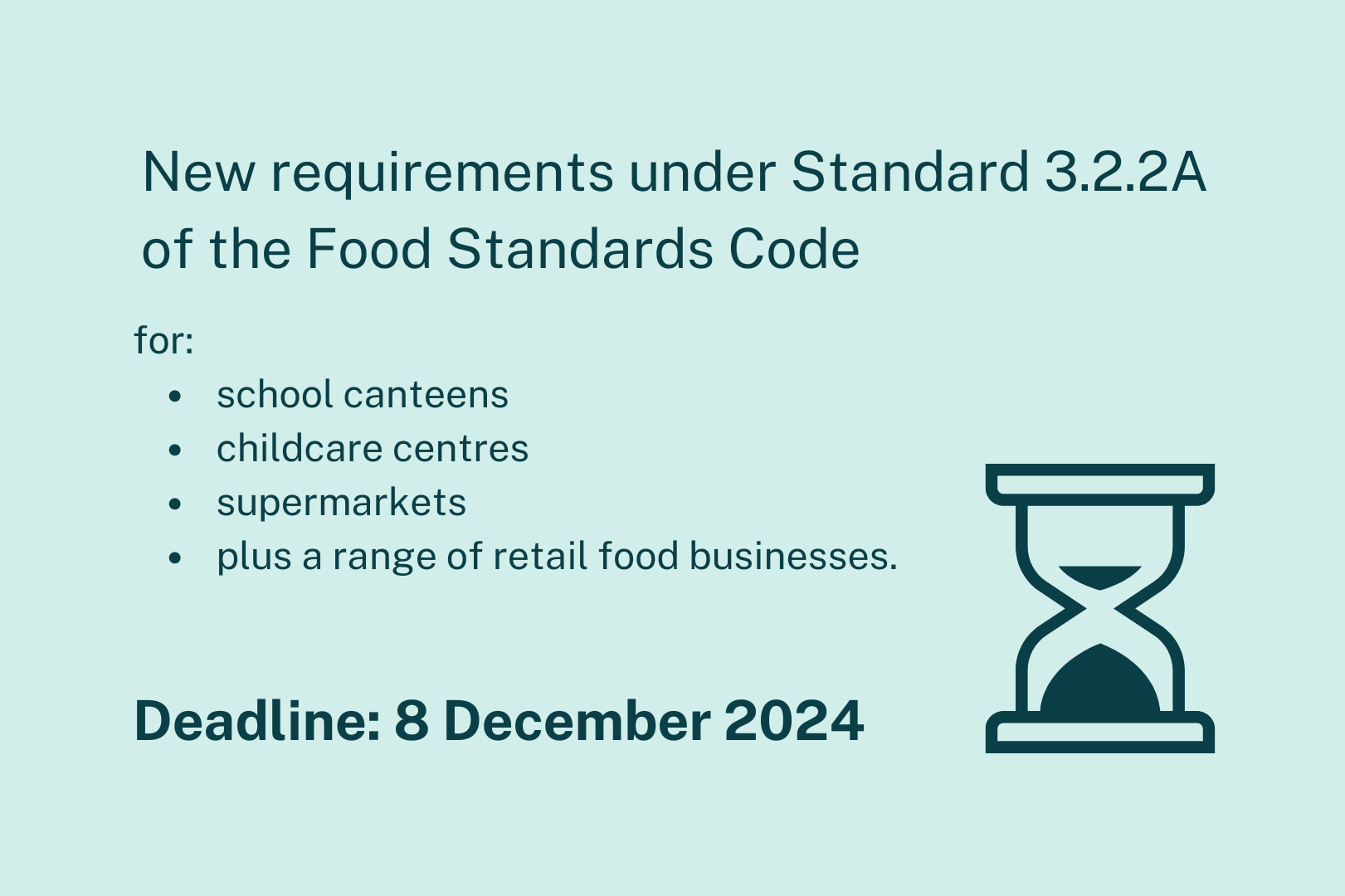
School canteens, childcare centres, supermarkets and a range of other retail food businesses must meet new requirements under Standard 3.2.2A of the Food Standards Code by 8 December 2024.
Find more information and resources on our website.
New initiatives to support approved RTOs deliver Food Safety Supervisor training in NSW
We’ve recently launched several new initiatives to support Registered Training Organisation (RTOs) who are approved to deliver Food Safety Supervisor (FSS) training for the purpose of issuing FSS Certificates in NSW.
The changes aim to bring consistency, transparency and enhanced security and include:
- NSW Food Safety Supervisor Branding Guidelines – which establish the rules for using and referencing FSS brand assets, ensuring a consistent visual identity system for all approved RTOs when promoting the delivery of FSS training in NSW.
- NSW Food Authority issued RTO approval numbers - are now published on the Food Authority website and appear on NSW FSS Certificates. Approved RTOs are also required to include their approval number on their website in connection with FSS Training in NSW. This allows prospective students to have confidence they are enrolling with an RTO approved to deliver FSS training in NSW, and businesses are assured that the qualification is valid.
- Biosecurity and Food Safety (BFS) Customer Portal – is a dedicated portal for approved RTOs which contains all NSW FSS specific resources for the mandatory Key Focus Areas including learning guides and assessments, and other resources. The portal has been designed for enhanced security and easier access.
RTOs are encouraged to review their contact details within the BFS Customer Portal regularly to ensure the correct information is captured. Any questions should be directed to the RTO inbox, noting that due to the recent department name change, the email address has recently changed to food.rto@dpird.nsw.gov.au
Join us at the next Retail and Food Service Information Session in Dubbo
The next Retail and Food Service Information Session will be held in partnership with Dubbo Regional Council on Tuesday, 17 September 2024.
These sessions are designed to assist local retail food businesses foster a food safety culture within their business that keeps food safe and customers free from foodborne illness.
All retail food businesses from Dubbo and surrounding areas are encouraged to attend.
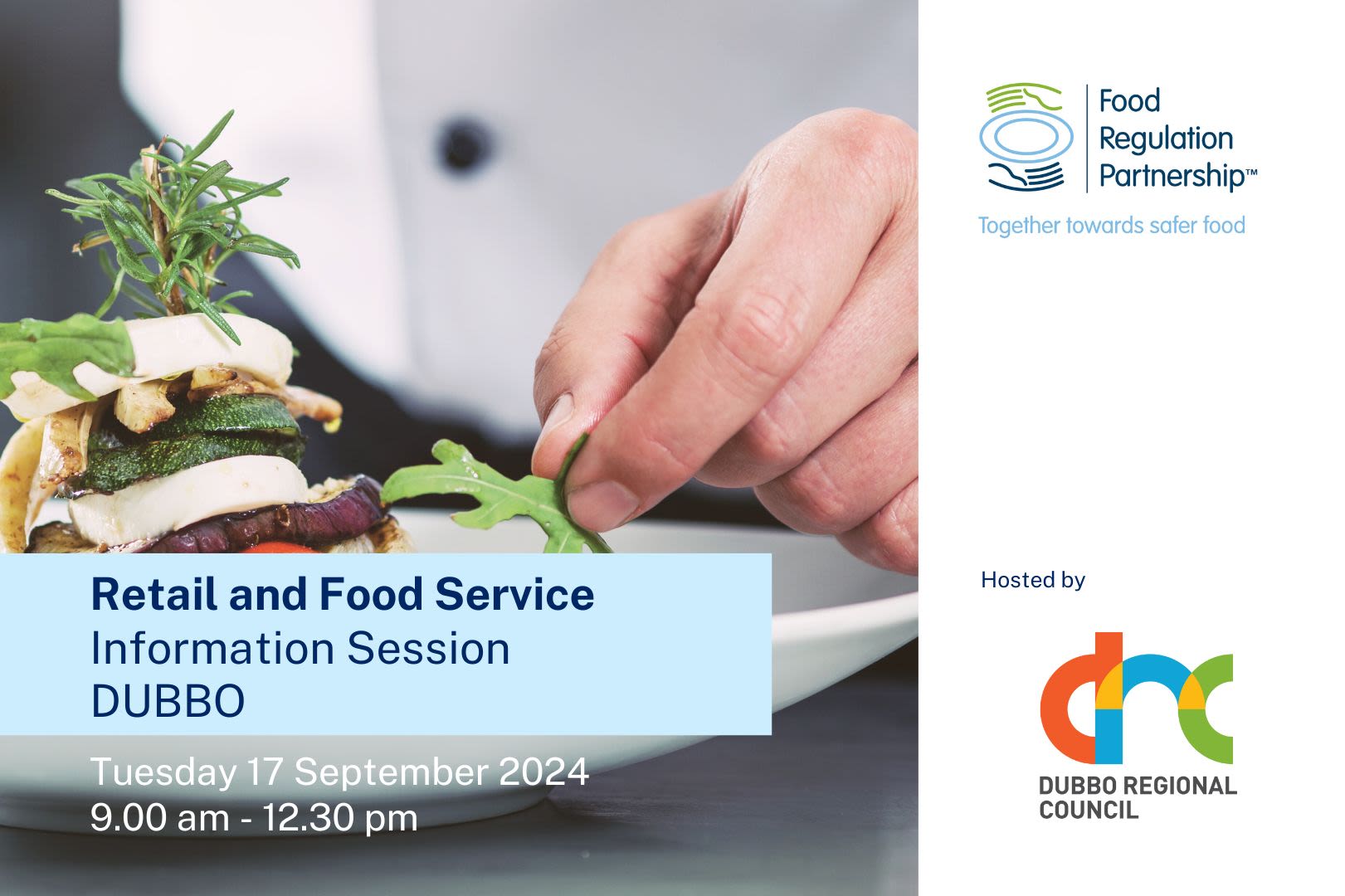
Fairfield Food Forum
The Fairfield Food Forum is a free food and beverage trade event, and the latest initiative for Fairfield City Council.
The event will feature speakers and showcase the latest food trends, food service products, equipment and business practices.
The NSW Food Authority is excited to be an exhibitor at this event— so if you’re attending, stop by and ask any questions you have about food safety in food retail. We look forward to seeing you.
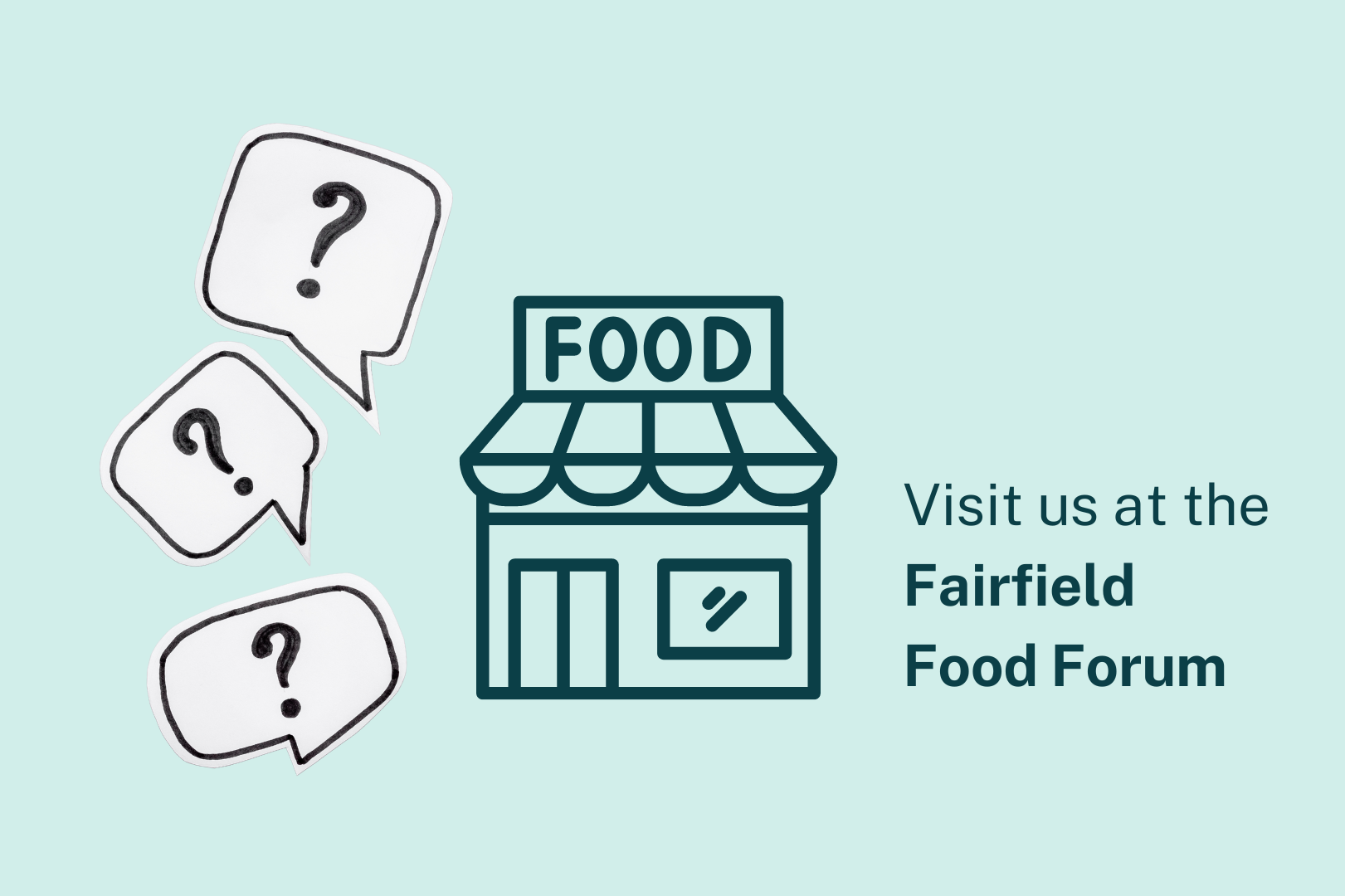
Date: Tuesday 1 October 2024
Location: Cabra-Vale Diggers Club (1 Bartley Street, Canley Vale NSW 2166)
Find out more here: Fairfield Food Forum | Fairfield City Council
Meat
Inspections and audits
From July 2023 to June 2024, the Food Authority conducted 2,856 audits and inspections of licensed meat businesses. Compliance across the meat industry remained high as in previous years and achieved a compliance rate of 95% for the FY 2023/24. The focus on the retail meat sector resulted in an increase in audits and inspections towards the end of this period. These activities form a critical part of the risk mitigation measures and this focus will continue into next year.
The below table shows yearly comparable data for compliance activity in the meat sector between reporting years 2022/23 and 2023/24.
|
Reporting period |
2022/23 |
2023/24 |
|---|---|---|
|
Audits & inspections |
2,600 |
2,856 |
|
Compliance rate |
94% |
95% |
Meat Industry Consultative Council
The last Meat Industry Consultative Council was held on 31 July 2024.
Issues considered by the Council via video conference included updates on:
- Meat industry food safety compliance activities for the 2023/24 financial year period
- Animal welfare update, which included:
- Australian Animal Welfare Standards & Guidelines for Livestock at Processing Establishments
- Poultry Standards and Guidelines
- Virtual fencing - Sheep and Goat Electronic Identification Tags (eID)
A full summary of meetings outcomes is available here.
More information about the NSW Meat Industry Consultative Council, including its purpose, functions, and membership can be found on the NSW Food Authority website.
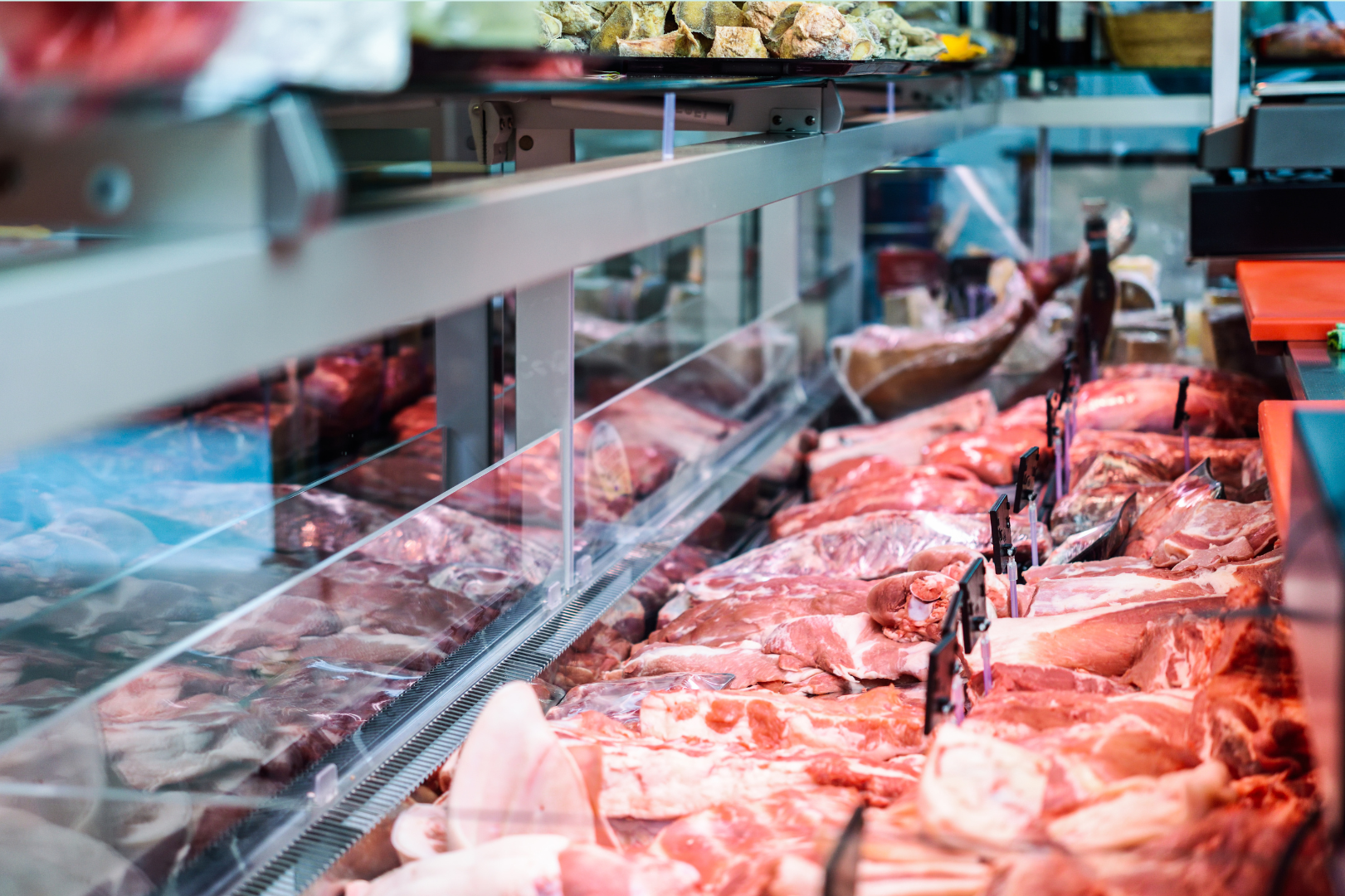
Seafood and Shellfish
Inspections and audits
From July 2023 to June 2024, the Food Authority conducted 336 audits and inspections of licensed seafood businesses, resulting in a 3% increase in compliance, now at 95% compared to the previous financial year.
The table below shows yearly comparable data for compliance activity in the seafood sector between reporting years 2022/23 and 2023/24.
|
Reporting period |
2022/23 |
2023/24 |
|---|---|---|
|
Audits & inspections |
409 |
336 |
|
Compliance rate |
92% |
95% |
Spring and summer can bring an increased risk of marine algal blooms
Phytoplankton are microscopic organisms at the base of the food chain in almost all aquatic ecosystems. Some phytoplankton produce toxic compounds that can accumulate in filter-feeding bivalve shellfish and if consumed, can be harmful to humans. Blooms of potentially harmful phytoplankton may be more frequent during warmer months of spring and summer.
The NSW Food Authority recommends eating shellfish harvested only under a recognised commercial program. Important tips on recreational harvest of seafood can be found on Recreational harvest of seafood.
In each commercial shellfish producing estuary in NSW, local shellfish programs collect samples for phytoplankton and biotoxin analysis to monitor for potential risks from toxic phytoplankton. During the open harvest status, fortnightly phytoplankton sampling and monthly biotoxin sampling is conducted in accordance with the NSW Marine Biotoxin Management Plan. Testing is carried out in National Association of Testing Authorities (NATA), Australia accredited laboratories.
Blooms have already been detected in some NSW estuaries in recent weeks marking an early start to the algal bloom season for 2024.
The status of commercial shellfish harvest aquaculture areas in NSW is available on Harvest area status.

NSW oyster farm
NSW oyster farm
Vibrio risk management in seafood
What is Vibrio?
Vibrio are naturally occurring bacteria that are found in most marine environments, with higher levels often occurring in waters where the temperature is above 15°C. Infection by Vibrio causes Vibriosis, which causes watery diarrhea and often abdominal cramps, nausea, vomiting, fever and chills. While most people recover in a few days, severe illness can develop in susceptible individuals.
There are three species of Vibrio that account for most human illnesses: Vibrio cholera, Vibrio parahaemolyticus and Vibrio vulnificus. Vibrio cholera is usually associated with contaminated drinking water, while Vibrio parahaemolyticus and Vibrio vulnificus are often caused by contaminated seafood.
Recent years have seen increased reports of Vibrio illness associated with Australian seafood and linked to warmer climate conditions.
How does seafood become contaminated with Vibrio?
Vibrio are often present in seafood in low numbers at harvest. If the seafood is not handled correctly, Vibrio can multiply to dangerous levels. Effective cooking will kill the bacteria, so seafood that is consumed raw or lightly cooked is most at risk. As Vibrio numbers are generally higher in warmer water, months of higher water temperature are periods of increased risk.
How can I manage the risk of Vibrio in my product?
The most important factor to reduce Vibrio risk is following best practice temperature control procedures from the moment of harvest and through the supply chain. Vibrio is generally associated with bivalve shellfish, but other seafood can be impacted. Vibriosis has been associated with several seafood commodities including raw and cooked prawns, sushi crabs, mussels, sardines and oysters.
Fishers should ensure that they follow their food safety plans and place harvested product under temperature control (ice or refrigeration) as soon as possible.
Shellfish harvesters must follow the time/temperature protocols in the NSW Shellfish Industry Manual (PDF, 589KB) and Vibrio risk management for NSW oyster farmers factsheet (PDF 158KB). Shellfish harvesters should ensure that shellfish are protected from extremes of temperature from the moment of harvest, this could be achieved by using shade cloth or spraying water over shellfish while they are transported to the shed. Shellfish should be placed under shade while waiting to be graded and then into a cool room once packed for storage or transport.
Businesses storing and transporting seafood must ensure that effective temperature control is maintained. Periods where seafood is out of temperature control such as on loading docks should be minimised.
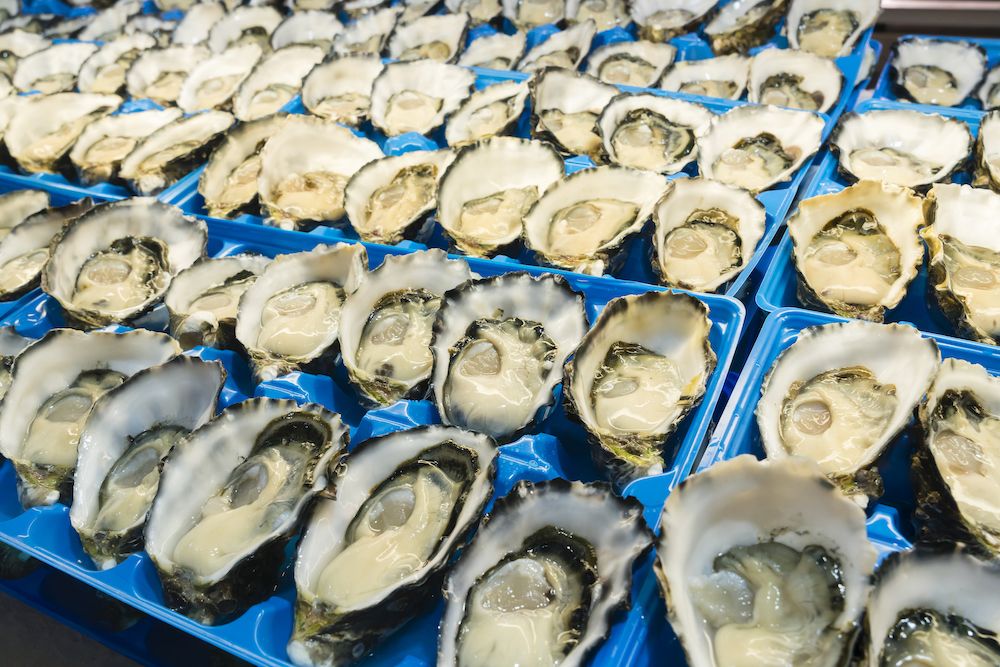
Dairy
Inspections and audits
From July 2023 to June 2024, the Food Authority conducted 462 audits and inspections on licensed dairy businesses. Compliance across the sector with food safety program requirements for the 2023/24 financial period has seen a 5% increase in compliance, now at 99% compared to the previous financial year 2022/23.
Third party audits (TPA) program for dairy farms continued to maintain a high standard across this sector.
The below table shows yearly comparable data for compliance activity in the dairy sector between reporting years 2022/23 and 2023/24.
|
Reporting period |
2022/23 |
2023/24 |
|---|---|---|
|
Audits & inspections |
454 |
462 |
|
Compliance rate |
94% |
99% |
Dairy Industry Consultative Committee
The last Dairy Industry Consultative Committee was held on 19 June 2024.
Issues considered by the Committee via video conference included updates on:
- Dairy industry food safety compliance activities for the 2023/24 financial year period
- The Dairy Export Assurance Program (DEAP) - an initiative of the Commonwealth Government:
- Dairy Australia | Dairy Export Assurance Program - Animal welfare update, which included discussion on:
- Livestock Processing Establishment Standards and guidelines
- Virtual fencing.
A full summary of meetings outcomes is available here.
More information about the NSW Dairy Industry Consultative Committee, including its purpose, functions, and membership can be found on the NSW Food Authority website.
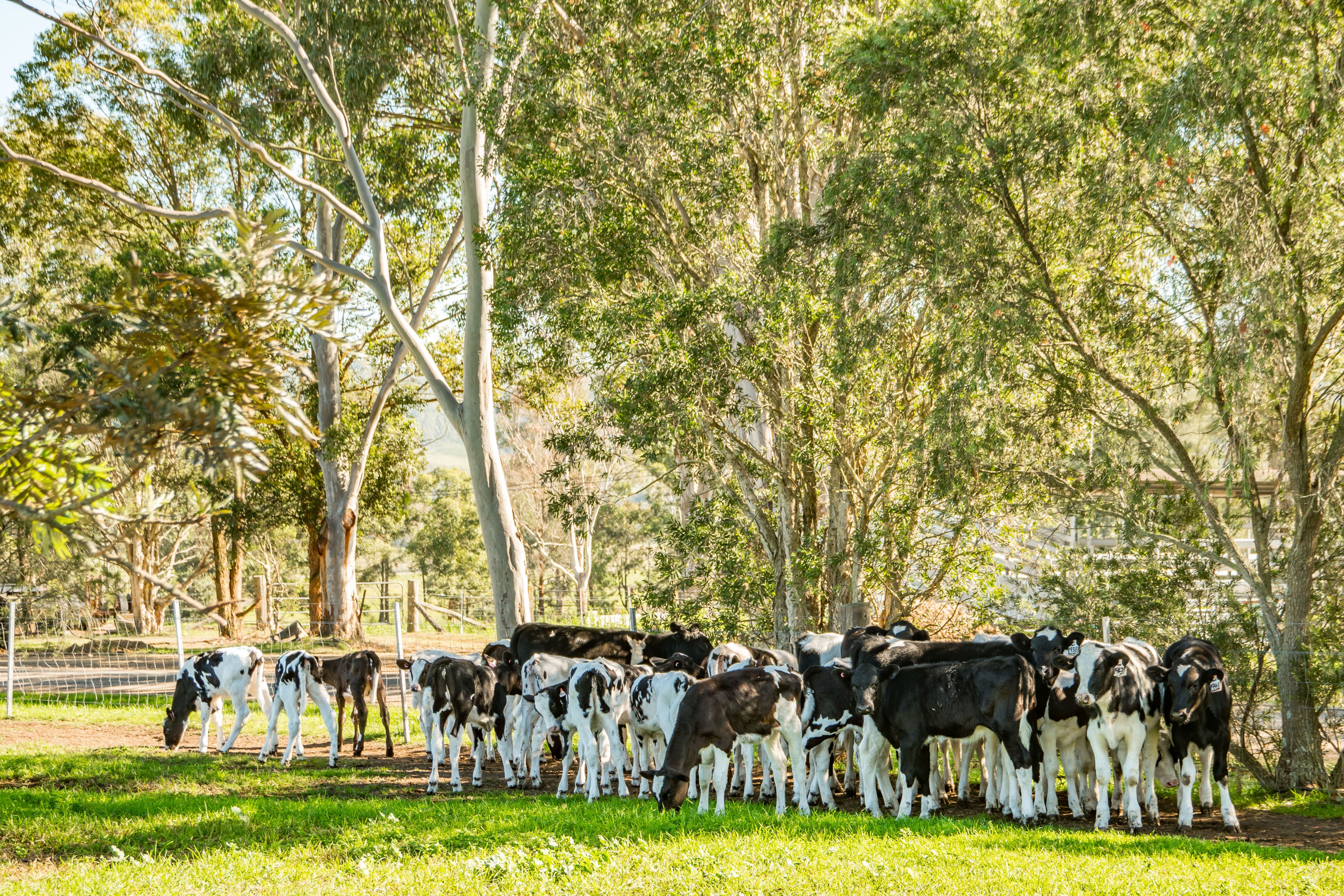
Eggs
Inspections and audits
From July 2023 to June 2024, the Food Authority conducted 486 audits and inspections of licensed egg businesses.
Compliance across the egg industry significantly improved since FY 2020/21. Efforts to work with the industry during the Salmonella enteritidis (SE) control order and subsequent operation responses contributed to increasing industry compliance. The industry achieved a compliance rate of 95% for the FY 2023/24. BFS Compliance will focus resources on assisting the industry fulfill its SE testing requirements through collection and review of testing submissions and results. Compliance activities in the egg industry will continue and these activities form a critical part of the risk mitigation measure.
The main critical defects raised during audits were for process control, analytical testing, and food safety program monitoring.
The below table shows yearly comparable data for compliance activity in the egg sector between reporting years 2022/23 and 2023/24.
|
Reporting period |
2022/23 |
2023/24 |
|---|---|---|
|
Audits & inspections |
397 |
486 |
|
Compliance rate |
94% |
95% |
Plants
Inspections and audits
From July 2023 to June 2024, the Food Authority conducted 50 audits and inspections on licensed plant product businesses resulting in an improvement in compliance, up 4% to 90% overall, when compared with the previous financial year 2022/23.
The Biosecurity & Food Safety Compliance team will be focussing resources into the development of targeted strategies including an education and poor performer program to address these critical high-risk issues.
The below table shows yearly comparable data for compliance activity in the plant sector between reporting years 2022/23 and 2023/24.
|
Reporting period |
2022/23 |
2023/24 |
|---|---|---|
|
Audits & inspections |
131 |
50 |
|
Compliance rate |
86% |
90% |
New horticulture standards discussed at markets
Staff from the NSW Food Authority and Fresh Produce Safety Centre visited the Sydney Markets at Flemington in August to talk with small leafy vegetable growers about new national standards from 12 February 2025.
The standards introduce new requirements for berry, leafy vegetable and melon businesses around notification, traceability, water quality, fertiliser use, worker hygiene and knowledge, and more.
We’re finalising resources and further engagement events to help NSW growers and processors comply. If you’d like to stay in the loop, please join our horticulture mailing list via our Berries, leafy vegetables and melons webpage.
In the meantime, visit Food Standards Australia New Zealand’s Food safety in horticulture page for more information about the new requirements.
The Fresh Produce Safety Centre’s Food Safety Grower Guides, available in 6 languages, also provide best practice guidance for small produce growers that are not part of an existing industry certification scheme.
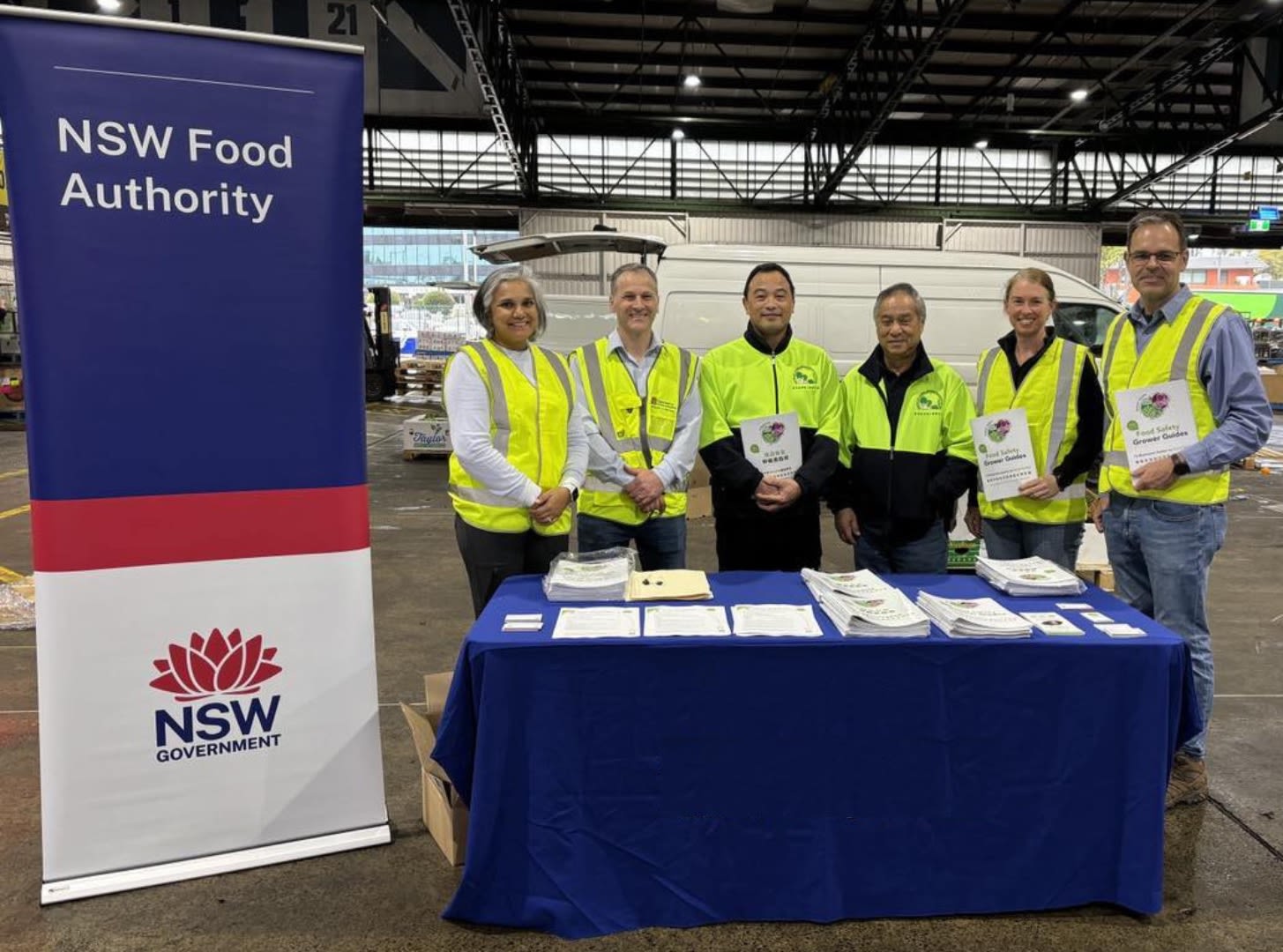
Farzana Adams (FPSC-ANZ CEO), David Cusack, Jason Chung, Billy, Miram East, Craig Shadbolt
Farzana Adams (FPSC-ANZ CEO), David Cusack, Jason Chung, Billy, Miram East, Craig Shadbolt
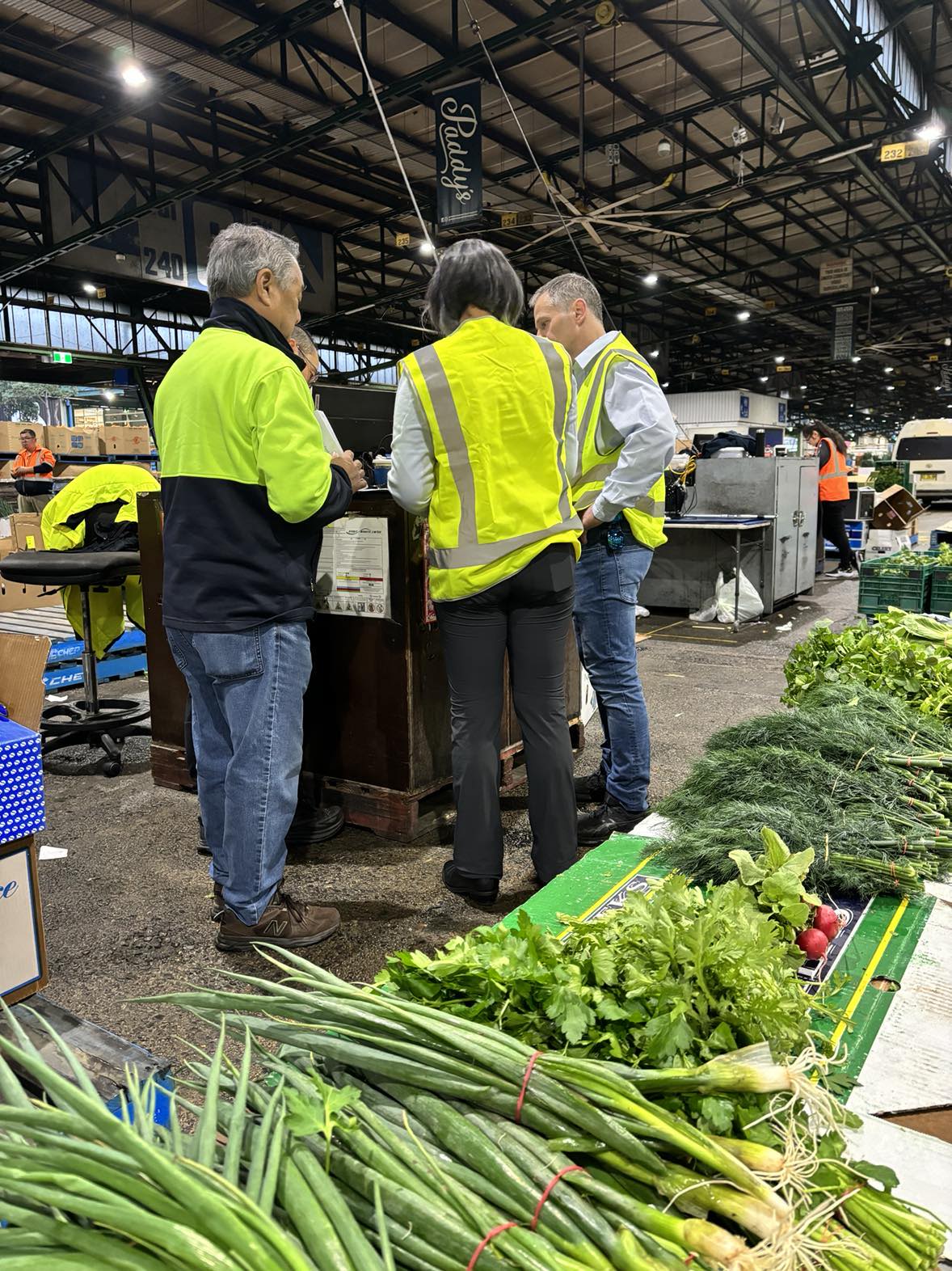
Vulnerable People
Inspections and audits
From July 2023 to June 2024, the Food Authority conducted 1,137 audits and inspections on licensed hospitals and aged care businesses.
This sector maintains a high compliance rate of 99% which highlight the mature systems in place and demonstrates that food safety systems and operating standards remained very high.
The below table shows yearly comparable data for compliance activity in the vulnerable persons sector between reporting years 2022/23 and 2023/24.
|
Reporting period |
2022/23 |
2023/24 |
|---|---|---|
|
Audits & inspections |
1,325 |
1,137 |
|
Compliance rate |
99% |
99% |
TPAs
TPA audit data
Third party auditors (TPA’s) conducted 313 audits between 1 April to 30 June 2024 taking an average of 3.2 (1011.9 audit hours/313 audits) hours to complete an audit across the six industry sectors TPA’s operate in. Of these, over 99% of audits attained an acceptable audit outcome with two unacceptable audits (n=2) reported in the VP sector.
The table below outlines the results across specific industry sectors serviced by TPA’s.
|
Total audits |
Acceptable audits (%) |
Average audit hours |
|
|---|---|---|---|
|
Dairy farms |
33 |
100 |
1.9 |
|
Cold stores |
7 |
100 |
5.5 |
|
Seafood processing |
1 |
100 |
1.5 |
|
Vulnerable Persons |
270 |
99.26 |
3.3 |
|
Plant products |
1 |
100 |
8 |
|
Multi (plant products seafood processing, cold stores) |
1 |
100 |
10.2 |
|
TOTAL |
313 |
99.4% |
Processes | Calendar
Processes
Public consultations
Food Standards Australia New Zealand (FSANZ) is seeking feedback on a range of applications to change the Food Standards Code.
For more information see the public consultations page on the FSANZ website.
Calendar items
- NSW Oyster Conference: Port Macquarie, 4-5 September
- Retail Information Session, co-hosted with Dubbo Regional Council: Dubbo, 17 September
- Fairfield Food Forum: 1 October
Subscribe to news and alerts
Don’t miss a thing! Sign up for our custom email alerts and tips to stay informed on topics that interest you:
